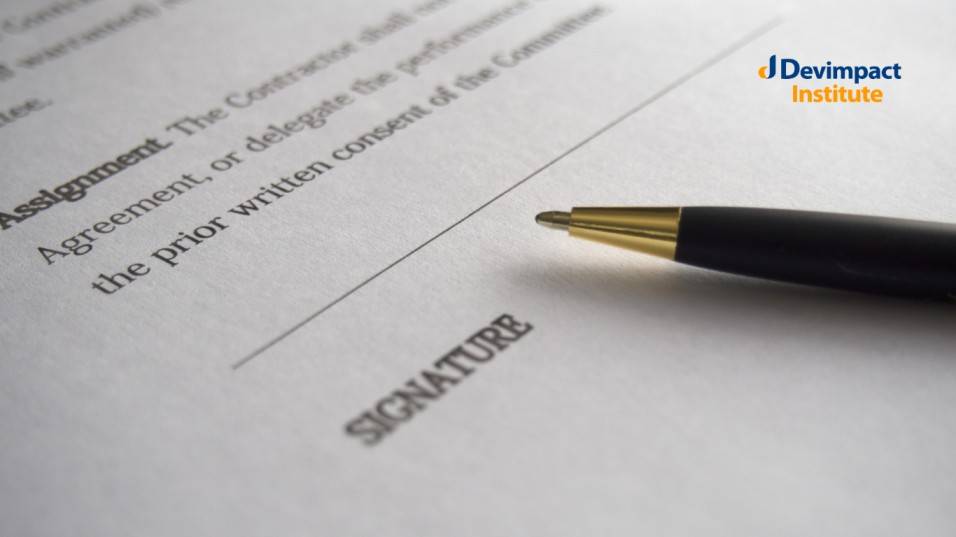
Training on Managing Tenders, Specifications & Contracts
A significant portion of an organization’s expenses goes into purchasing goods and services, especially when doing so necessitates the use of a worldwide supply chain network, as is the case in the majority of today’s companies and industries. The tendering process is where most contracts are created in an organization. The organization invites bids for the tender process from a variety of competent contractors to carry out the proposed works. This approach makes it easier for the organization to choose a qualified contractor, and it also makes it easier for contractors to comprehend the precise requirements of the work and the risks associated with performing them.
This training course on managing tenders, specifications and Contracts provides delegates with an insight into how an organization can identify and use the most appropriate procurement strategy and discusses best practices in developing tender documentation, criteria, and evaluation.
Target Participants
This course is ideal for supply chain and procurement professionals, project managers, finance staff, operational staff, government officials, and any other professionals who want to build their skills in supply chain management.
Course Duration
Online 7 Days
Classroom-based 5 Days
What you will learn
By the end of this course the participants will be able to:
- Identify the most appropriate procurement strategy
- Develop methods of contractor performance measurement
- Understand methods of tender evaluation
- Review contract strategies
- Explore steps in developing performance-based service contracts
- Evaluate tendering and procurement best practices
Procurement Strategies and Best Practices
- Elements of procurement best practice
- Types of procurement strategy
- Risk management process
- Balancing risk through contract strategy
- Supply chain risk assessment
- Exposure to bribery and corruption
Developing Tenders and Specifications
- Developing the scope of work and specification
- Selection and evaluation criteria
- Cost and price analyses
- Objectives of the contract
- Ancillary documents and issues
- Negotiation tools and techniques
Key Elements of the Contract
- Principal performance obligations
- Scheduling and completion
- Liabilities, indemnities, and insurance
- Ownership and risk
- Pricing and payment
- Governing law
Managing Change and Performance Failures
- Assignment, novation, and subcontracting
- Implications of varying performance
- Managing external events
- Performance-based contracting
- Default mechanisms
- Other remedies
Contract Claims and Completion
- Types and assessment of claims
- Tiered dispute resolution mechanisms
- Formal dispute resolution
- Contract closeout
- Contract review, evaluation, lessons learned

